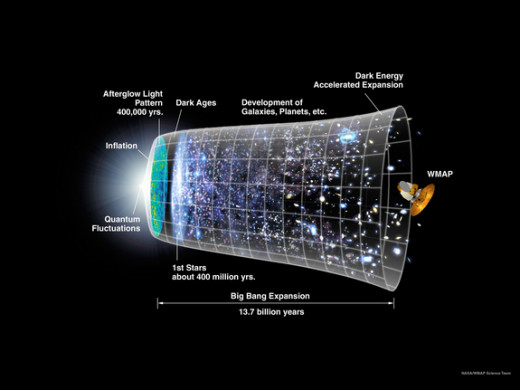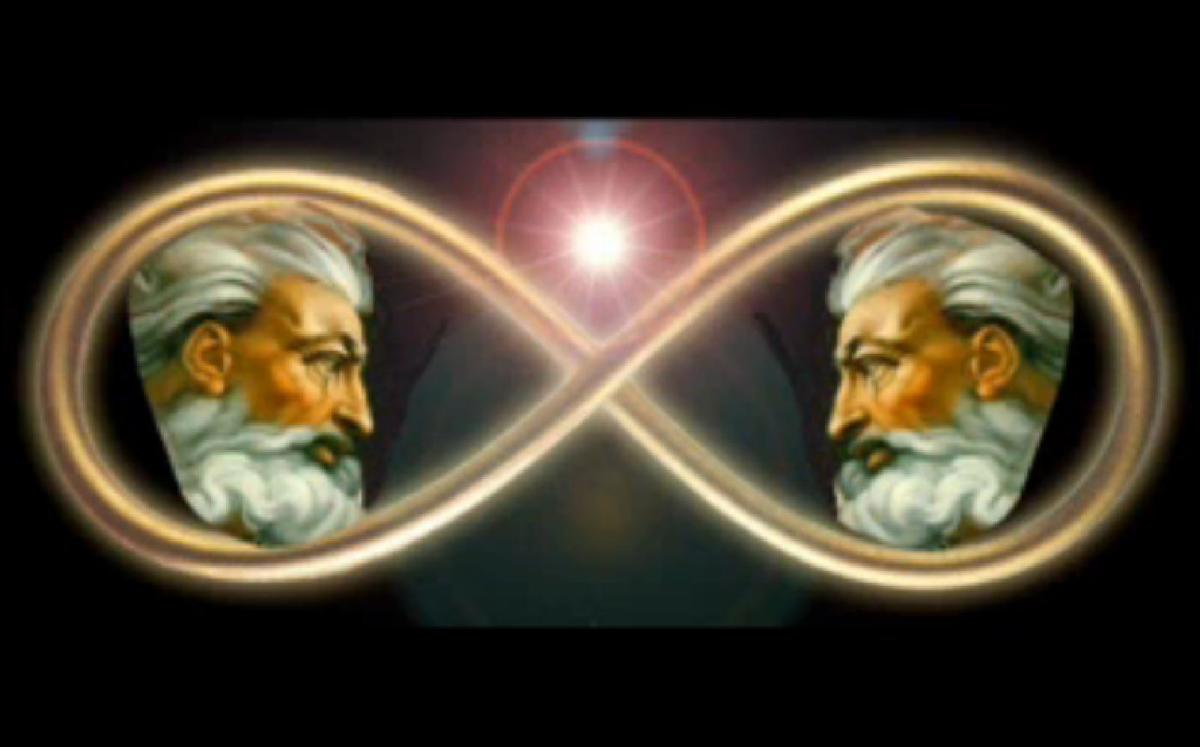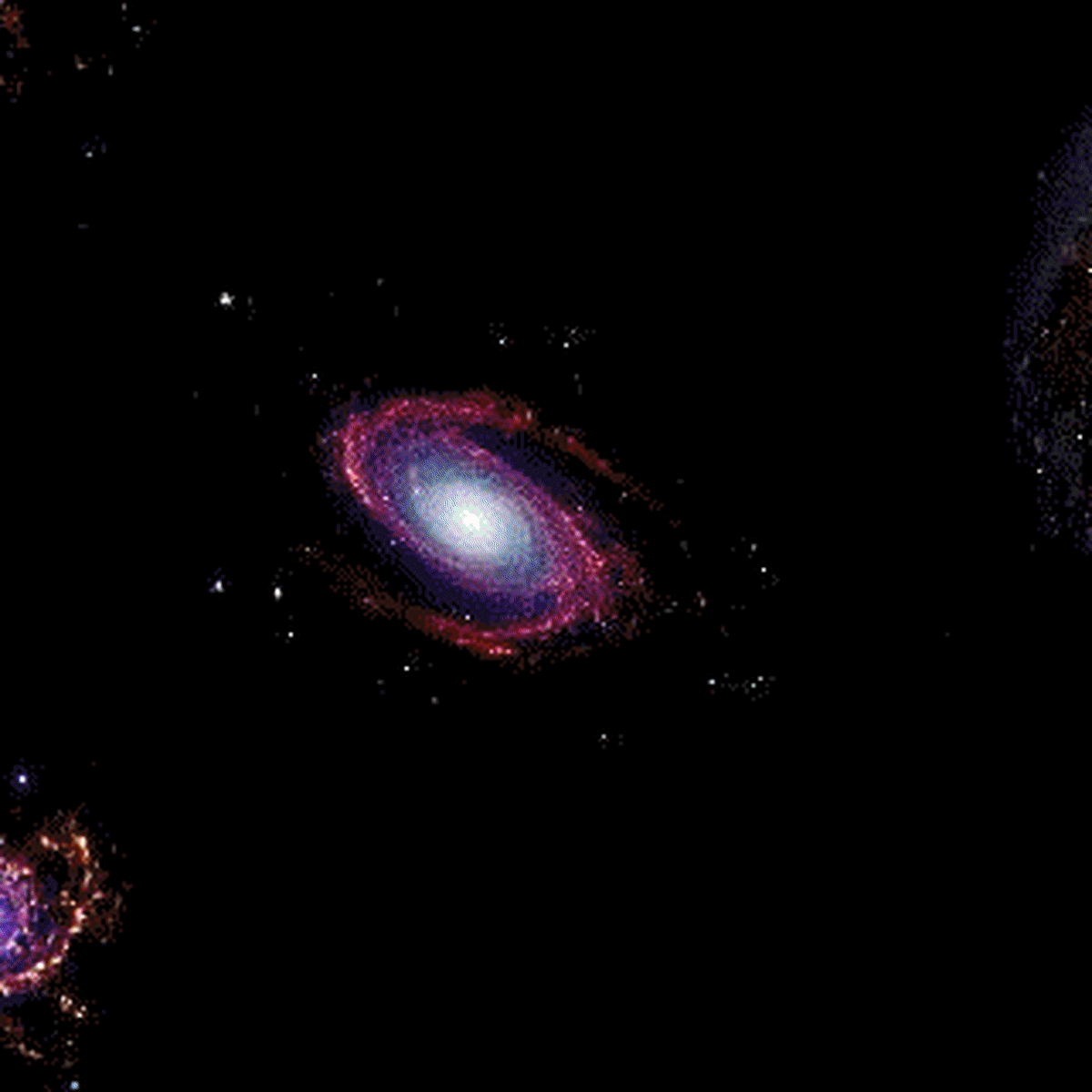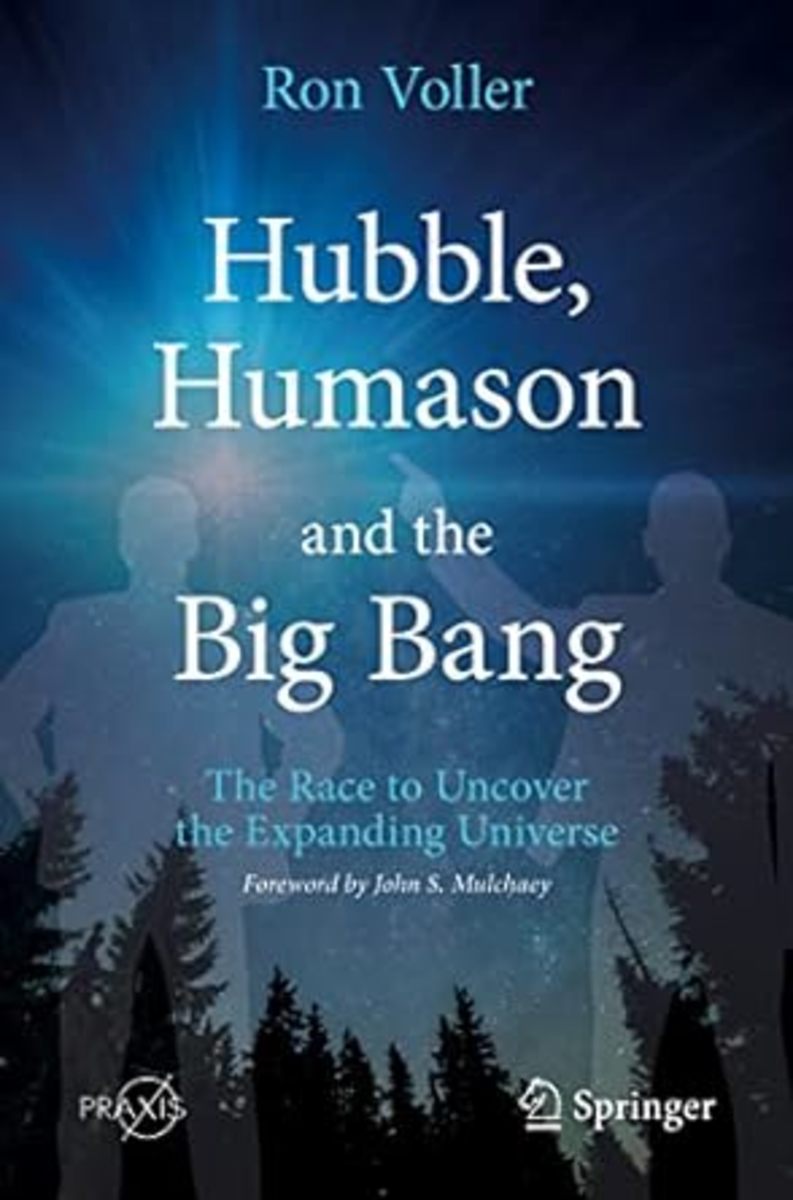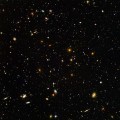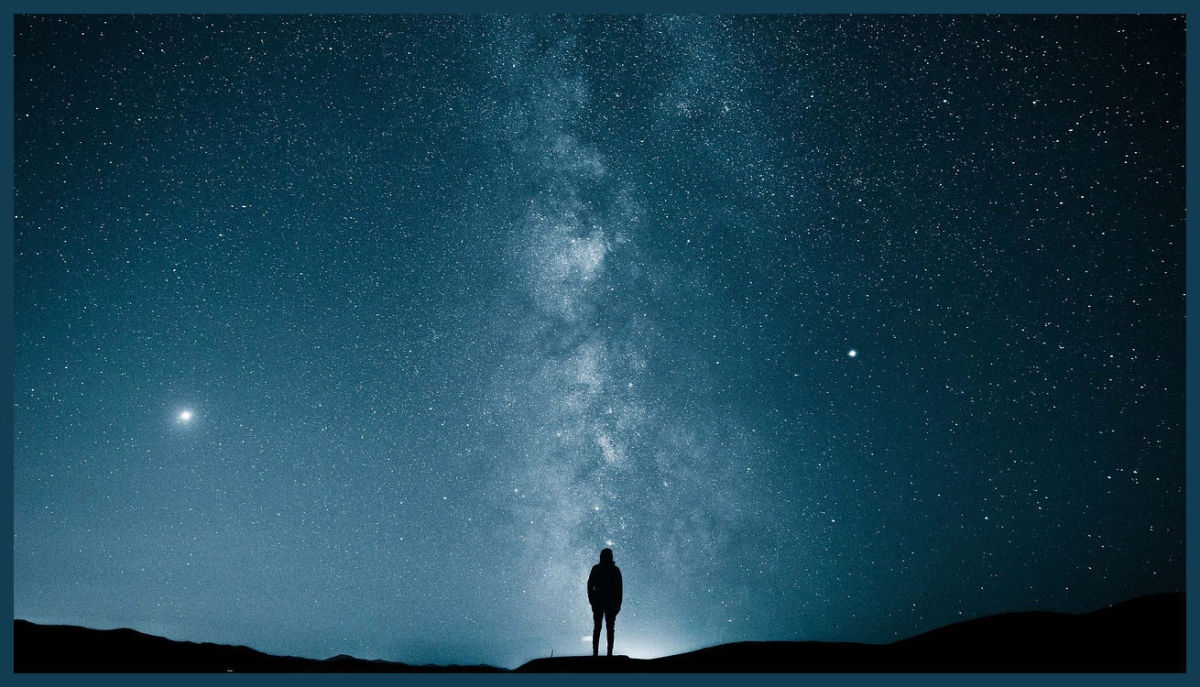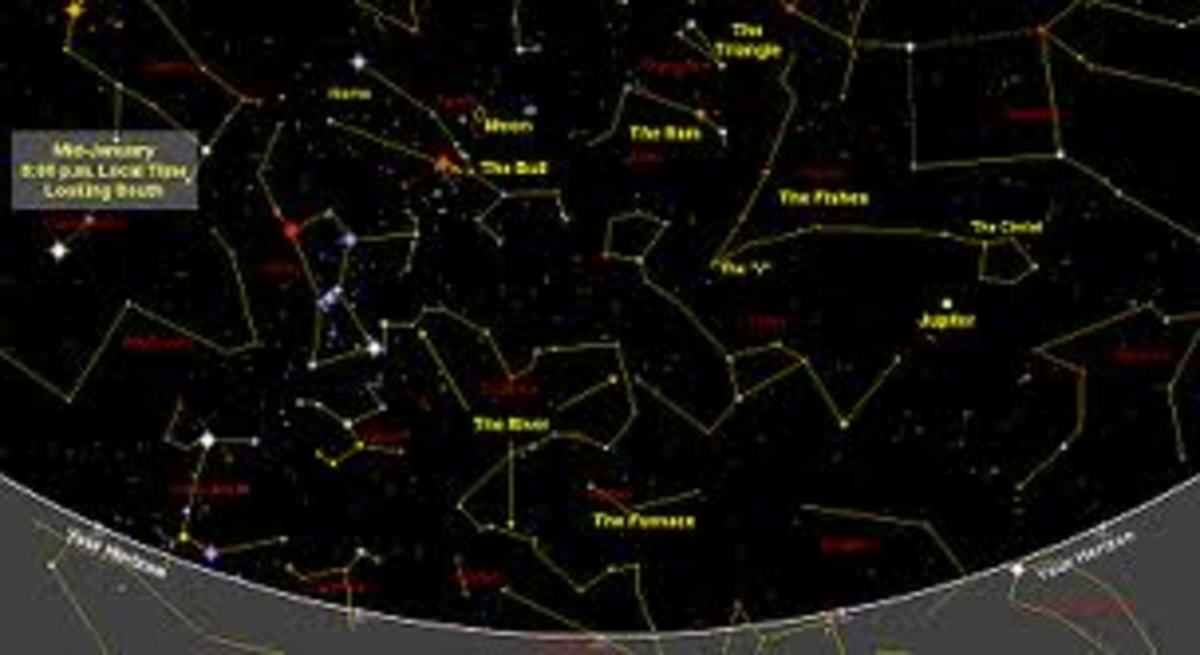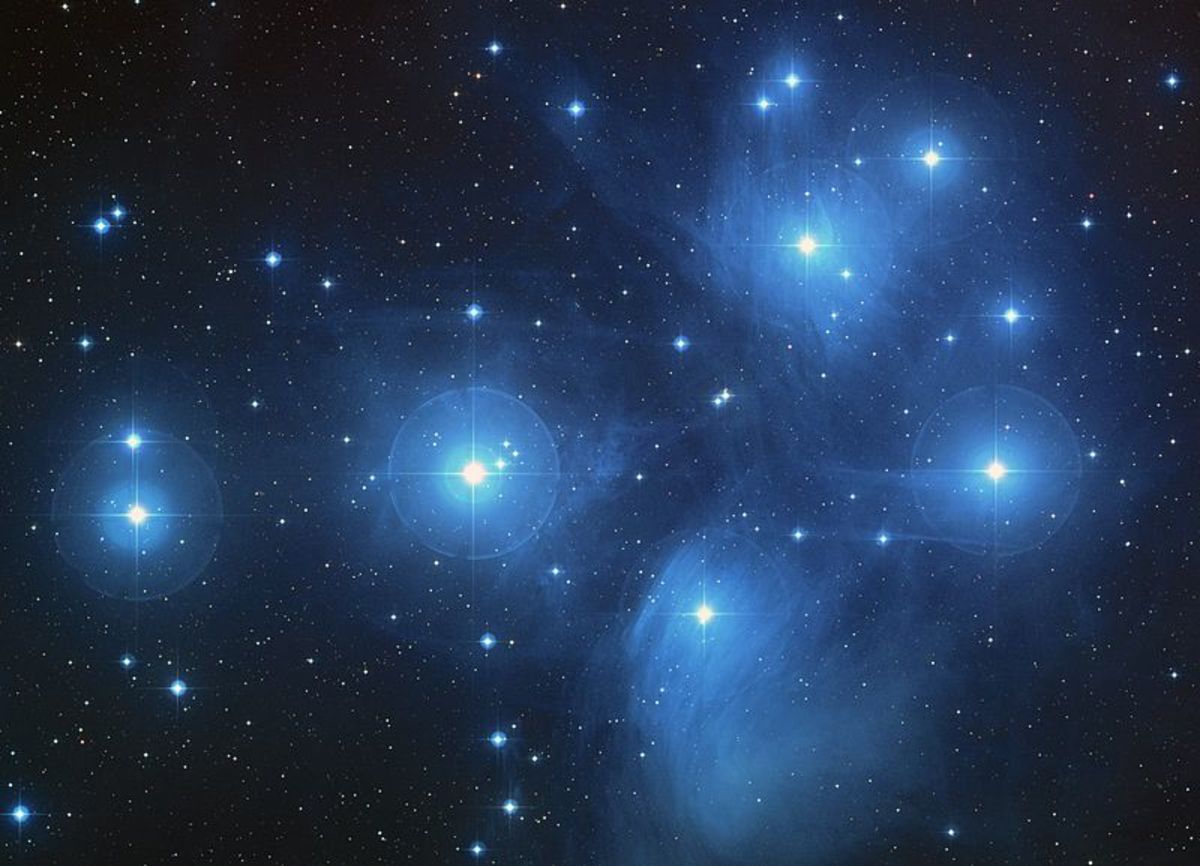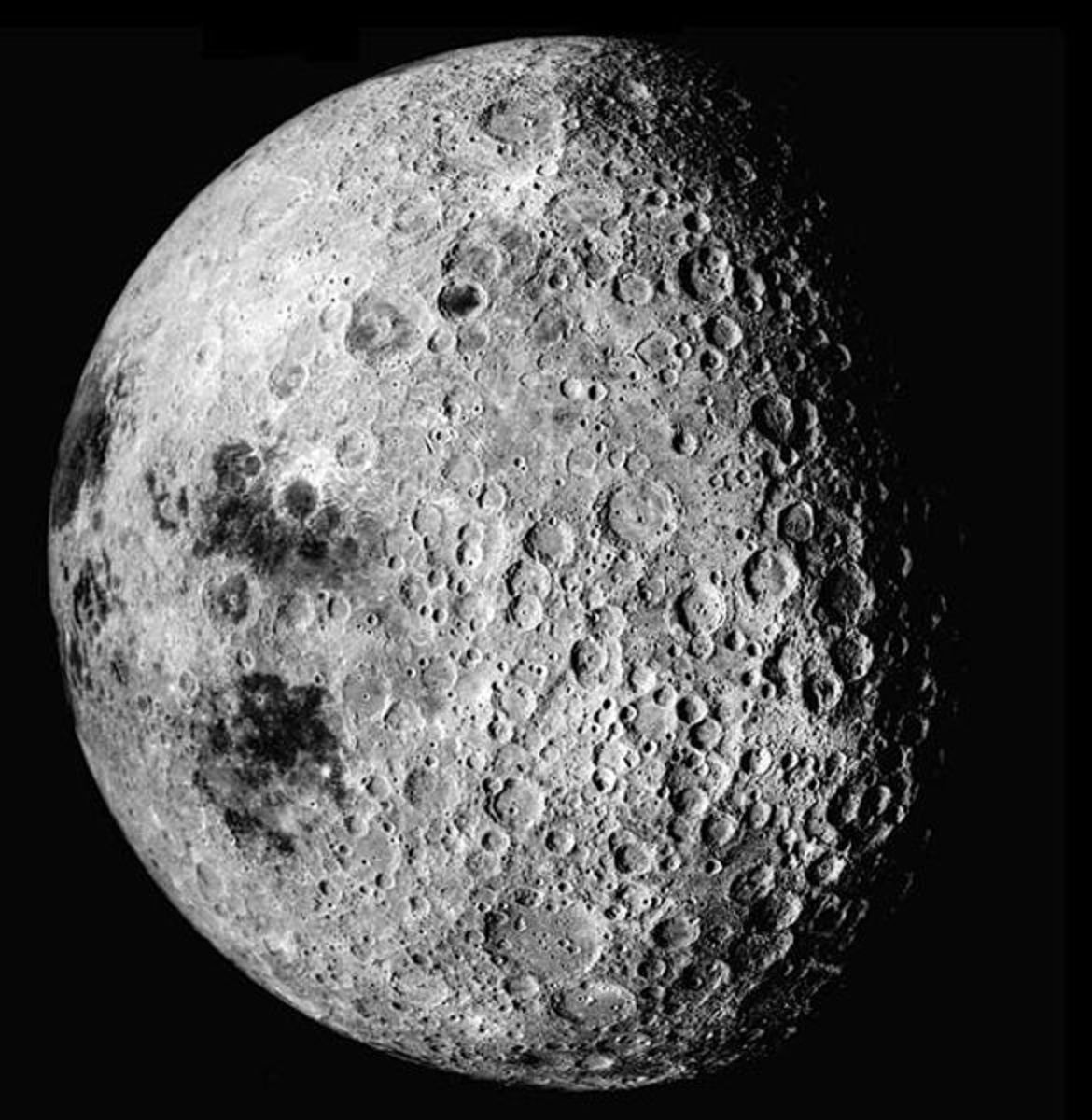The Big Crunch
How the Universe May End
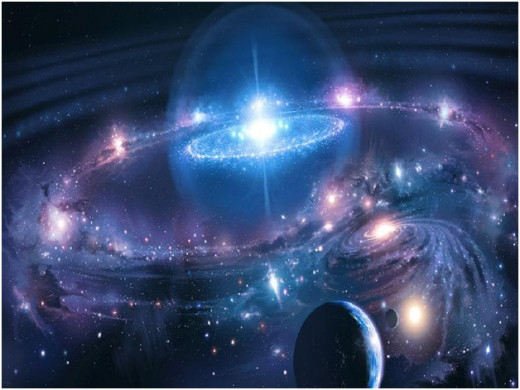
This is the End?
"William Paley’s ‘watch analogy’ suggests that complex and ordered things do not occur by chance. Instead, rather like the complex mechanism of a watch they have to have been made by someone, and for a specific reason. Thus I can conclude that because the world is complex and ordered (like a watch), that it could not have come about by chance, but must be the product of intelligent design, of God."
Eh. What make anyone believe the universe is ordered? There is at least as much chaos as order in the perceivable universe. The universe does not operate as orderly as a clock. It is filled with unimaginable discontinuity, calamity and destruction. Our planet has undergone several mass extinctions, and there is no reason to assume that human beings will be better suited to put off its own survival. Is that order? If we are superseded by really intelligent cockroaches, maybe they will have a better chance of keeping their species alive by navigating to other planets.
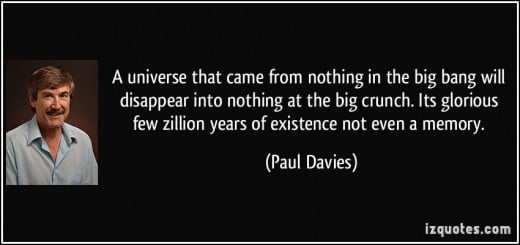
No Meaning?
Our rather desperate need to understand the universe but not having the brain power to do so shouldn't push us into positions of mere faith or speculation. As horrid as it may seem to many "believers," there may be no reason whatsoever for our development and ability to question the machinations of the universe. The questions we ask may very well be asinine. We want our individual lives to "mean" something, and we shrink inwardly at the suggestion that there is no meaning whatsoever. The universe could be nothing more than a light switch that had no beginning. Perhaps it evolved from some lesser form of cosmic significance.
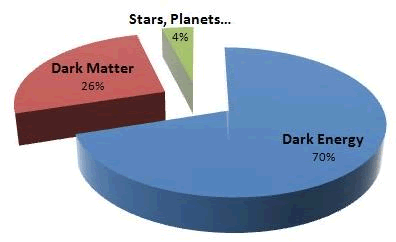
Expanding Forever or Contracting?
The debates among astrophysicists seems to lean toward a universe that expands forever. The stars eventually wink out due to a loss of energy. All planets and moons will freeze, and continue their expansion into an infinite void. For me this is inharmonious and leaves a universe full of dead stars and planets, continually expanding outward toward infinity. For me, this doesn't sit well. I'm not an astrophysicists myself so I cannot offer a cogent, science-based alternative to the prevalent perception for the death of our universe. But, using Emotional Intelligence, I think this perception is faulty. To date, physicists only understand a tiny bit about how dark matter impacts our universe. I tend to think that it plays a much greater role than credited so far. In fact, I give the necessary credit to Dark Matter as being the catalyst for causing the universe to shrink at some billions of years ahead. I think that regular matter plus Dark Matter will countervail the outward trajectory of all mass in the universe, and in so doing, cause the universe to begin a long, opposite position to eventually coalescing.
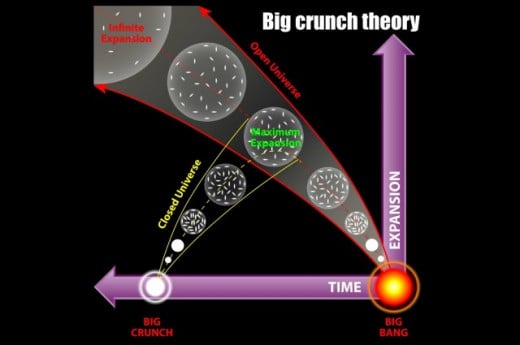
No Beginning, No End
How can anything not have a beginning you may ask. Perhaps the process was/is the fundamental mechanism of an eternity we cannot comprehend. I still think the "Big Crunch" theory is probably the most valid explanation for a reciprocating universe -- one that depends upon ultimate condensation and triggers another Big Bang. The universe that supplants the one before may be drastically different and never provide for the existence of stars and orbiting planets. The physics may be entirely different -- even unfathomable compared to the one in which we live.
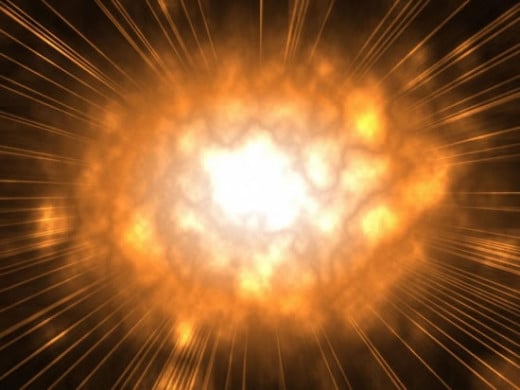
The Beginning
You want to know, well, okay, if that's how the universe is arranged, "who" arranged it? This is where you just have to let go of an anthropomorphic vision of the universe. The universe may have gone through these convulsions three billion times -- it doesn't matter. Psychicsts believe that it took millions of years before stars were born to give any light to the void. Thus, the Big Bang wasn't a kind of explosion of energy that we might imagine. The Big Bang merely released the elements for stars to come together and ignite the dark with light. Eons may have passed before there was a glimmer of a new universe as we might know it.
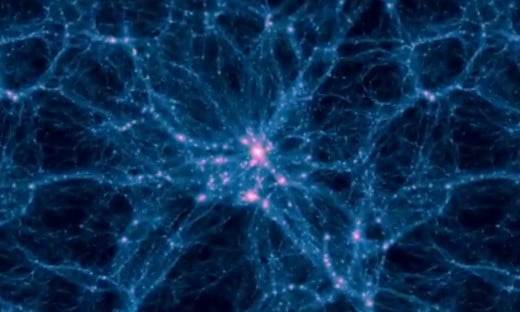
What bakes my cookies is the thought -- why is there anything at all? Why did this process of beginning, end, beginning, end, etc., ever begin? As much as it irks me, I have to admit there may be no reason at all. The whole thing may be nothing more than just a process -- maybe spun off from an extra dimension or nothing at all. Since time is an irrelevant, man-made construct, a "beginning" may simply have no meaning. Perhaps "time" has a circular motion, in which case no one can say when time began ... that is to say this process of universe creation and construction is just part of an endless loop.
Such a conclusion isn't satisfactory to us -- perhaps because we cannot begin to conceive of an eternal process. Even if physicists can extrapolate the very instance of creation, they would never be able to conceive of the micro-second before the Big Bang... unless they take into account the mostly discarded theory of the "Big Crunch." In that micro-second in which the entire universe is reduced to the size of a molecule, may lay the answer for how all the radiate energy of our universe had its beginning. Perhaps there is a point of density that cannot be allowed within the physics of our universe and gives rise to another Big Bang. If that is the case then we are simply witnessing another iteration of the Big Bang. Many may have come before, may may follow. Or perhaps we are the first. Who can say?
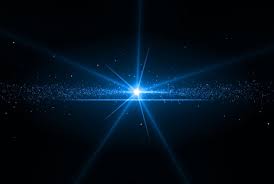
'Im a "Big Crunch" follower because I cannot conceive of everything arising simply out of nothing, although I admit that alternate universes may play into this mere conjecture, I don't see the necessity.
Getting back to my starting point, multiple universe may have been created over the eons, and not all of them may have been conducive to life -- intelligent life. We would have no way of knowing. All we can examine is the universe as laid out before us. And that's plenty enough.
